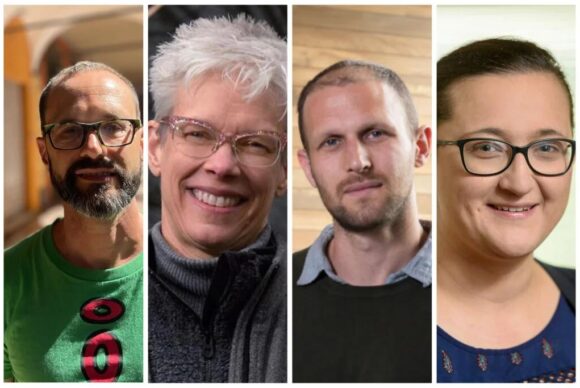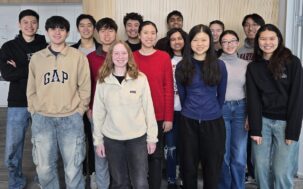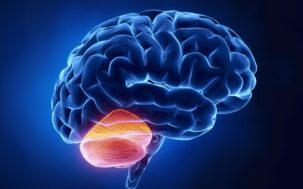Kempner Institute Announces Appointment of Four New Associate Faculty
Pioneering research scientists appointed to three-year funded terms to study the basis of intelligence in natural and artificial systems

The Kempner Institute’s newest associate faculty members are, from left, Boaz Barak, Susan Murphy, Samuel Gershman and Marinka Zitnik.
CAMBRIDGE, MA — The Kempner Institute for the Study of Natural and Artificial Intelligence at Harvard is pleased to announce the appointment of Boaz Barak, Samuel Gershman, Susan Murphy and Marinka Zitnik as associate faculty members.
The four new appointees are current Harvard faculty members whose pioneering work advances the Kempner Institute’s scientific mission of studying the intersection of natural and artificial intelligence. The four newly-announced associate faculty members begin their appointments at the Kempner on July 1.
Boaz Barak, Gordon McKay Professor of Computer Science, researches the fundamental properties of deep learning, both what makes deep learning work, as well as its underlying representations. Barak studies the inherent tradeoffs between resources (e.g., computation, memory, data) and performance (e.g., accuracy, generalization, robustness). This tradeoff is at the core of designing new artificial intelligence systems and likely constrains the evolution of natural intelligence as well. His research aims to reveal the fundamental capabilities of intelligence as opposed to specific architectures or applications and this is likely to advance our understanding of the fundamental principles of natural intelligence.
Samuel Gershman, Professor of Psychology, works at the intersection of artificial intelligence (AI), cognitive science, and neurobiology. His lab develops models of cognition that explain the computational origins of human intelligence, which are then tested experimentally using behavioral and neural methods. Gershman also collaborates extensively on studies of non-human animals to test mechanistic neurobiological models. He has worked with several groups to test the predictions of reinforcement learning models, which typically come from AI and aim to understand the similarities and differences between natural and artificial intelligence.
Susan Murphy, Mallinckrodt Professor of Statistics and of Computer Science, conducts research at the interface between AI (decision-making algorithms) and natural intelligence (cognitive, behavioral science). Murphy’s work aims to develop and apply new AI technologies for the benefit of humanity, including developing online autonomous reinforcement learning (RL) algorithms specifically for use in delivering treatments to help individuals better self-manage chronic disorders. She works with large interdisciplinary teams involving engineers, human computer scientists and behavioral/cognitive health scientists to design and implement RL algorithms in real-life clinical trials in health.
Marinka Zitnik, Assistant Professor of Biomedical Informatics, seeks to better understand the basis of intelligence in natural and artificial systems by developing machine learning (ML) methods that incorporate geometry, graph structure, and symmetry, and are grounded in domain knowledge. She translates machine learning research into learning systems, including pre-trained, self-supervised, and general- purpose models that are trained on data at scale, are efficient, and generalize to data not encountered during training. Zitnik’s research is motivated by challenges in individualized medicine as well as drug design and therapeutic science. In addition to elucidating the foundations of which ML methods are most suitable for biomedical applications and why, Zitnik and her lab also conduct in-depth work to transition their ML methods to biomedical implementation through academic collaborations and industry partnerships.
Barak, Gershman, Murphy and Zitnik join four previously-announced associate faculty members to comprise the Kempner’s inaugural cohort of associate faculty, helping to shape the Kempner Institute’s educational and research priorities.
About the Kempner Institute
The Kempner Institute seeks to understand the basis of intelligence in natural and artificial systems by recruiting and training future generations of researchers to study intelligence from biological, cognitive, engineering, and computational perspectives. Its bold premise is that the fields of natural and artificial intelligence are intimately interconnected; the next generation of artificial intelligence (AI) will require the same principles that our brains use for fast, flexible natural reasoning, and understanding how our brains compute and reason can be elucidated by theories developed for AI. Join the Kempner mailing list to learn more, and to receive updates and news.
PRESS CONTACT:
Deborah Apsel Lang | (617) 495-7993 | deborah_apsel_lang@harvard.edu






